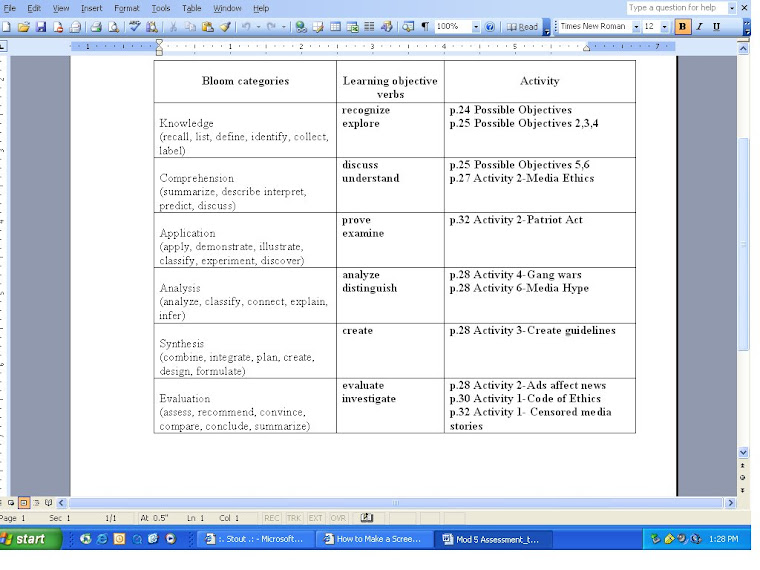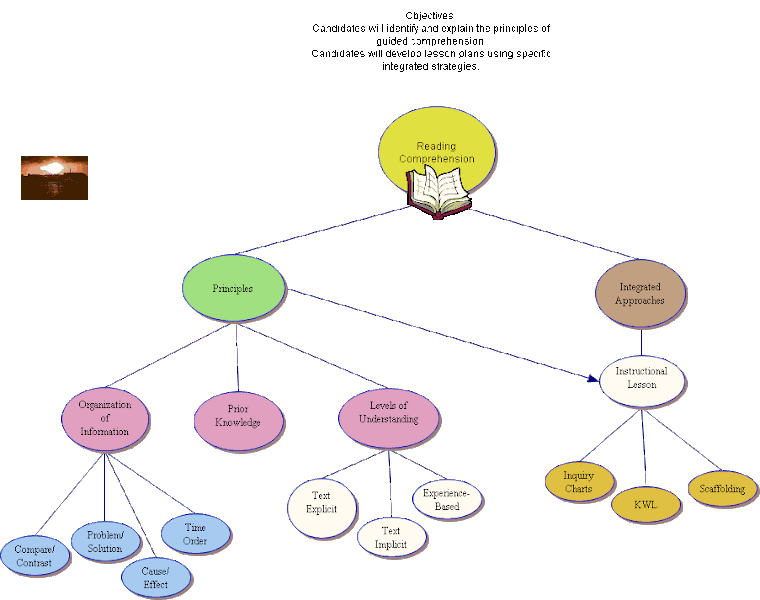In reading the article on discourse analysis (Hara, Bonk, & Angeli), I found that what was most interesting to me were practices and findings that were similar to my own online experiences, and practices that I will incorporate in my online teaching. For instance, I agreed with the advantages and disadvantages of computer-mediated communication discussion. Students are afforded more wait time to process information and complete assignments, and more control over their own learning. On the other hand, I especially connected with the statement that the asynchronous format “can overload both instructors and students with ceaseless opportunities to learn and work”.
Research has shown that the more extroverted students tend to be more active in computer-mediated discussions. This seems reasonable, and coincides with my own experience. However, I think that students should be reminded both before taking an online course, as well as during that the instructor’s ability to ascertain a student’s cognitive and metacognitive skills are largely dependent on the student’s discussion postings. Along the same lines, I appreciate the suggestion that instructors provide students with model postings to encourage interaction. Another recommendation that I intend to implement is to provide more feedback in the form of comments which praise desired behaviors. Especially for the shy or cautious students, this could provide a demonstration of good posting practice, and, thereby, build confidence.
The final two issues which caught my attention are those of encouraging students to use the subject line more effectively in order to capture the interest of classmates, and the problem of lack of time to read all postings. I am going to make a renewed effort this semester through providing samples and encouraging comments to support more use of the subject line to indicate content. As far as reading the postings, I have a policy that students read 80% of the postings as part of their participation grade. The reason for this, as we all have experienced here, is that so much learning comes from each other. Although I realize that a student can just open every discussion message without reading it, and the course management system will count it as “read”, most do not as they are anxious to save all the valuable material just as we are!
Subscribe to:
Post Comments (Atom)



No comments:
Post a Comment